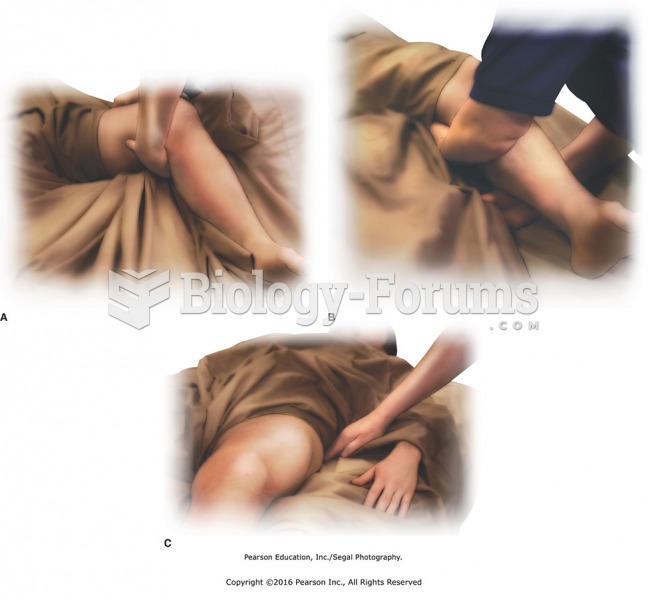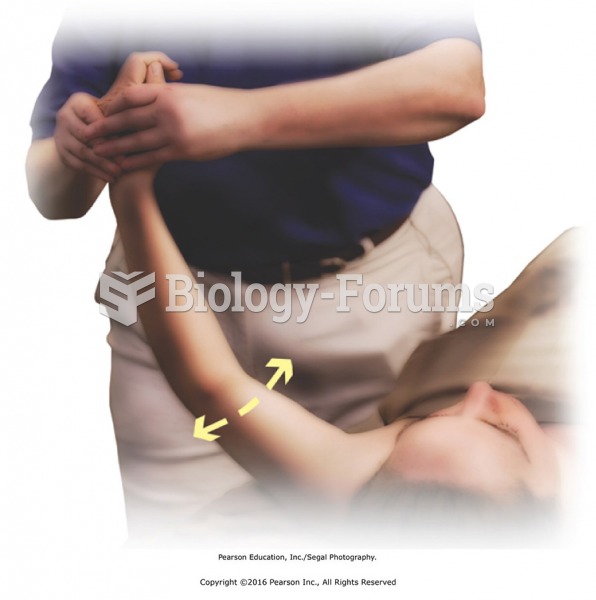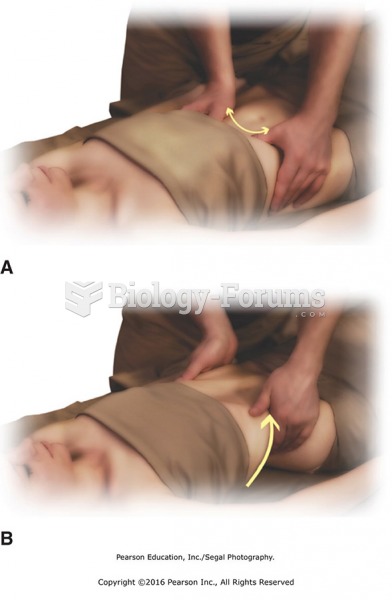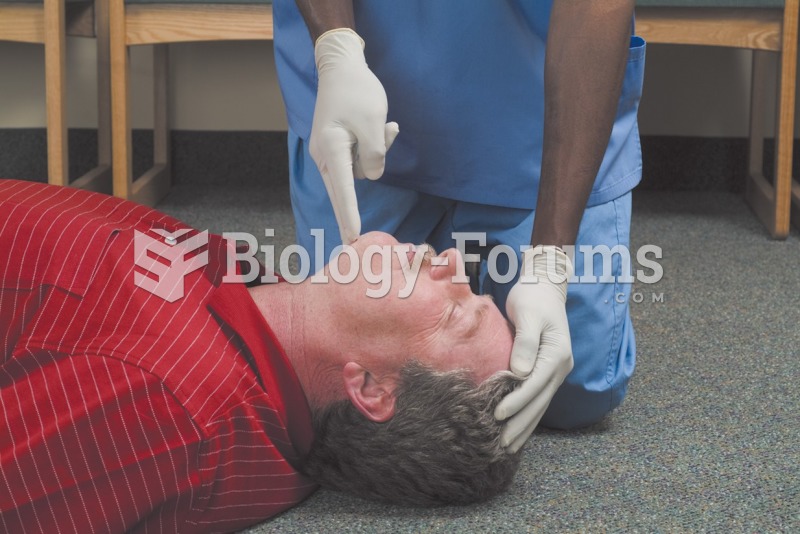|
|
|
As of mid-2016, 18.2 million people were receiving advanced retroviral therapy (ART) worldwide. This represents between 43–50% of the 34–39.8 million people living with HIV.
In 2006, a generic antinausea drug named ondansetron was approved. It is used to stop nausea and vomiting associated with surgery, chemotherapy, and radiation therapy.
Illness; diuretics; laxative abuse; hot weather; exercise; sweating; caffeine; alcoholic beverages; starvation diets; inadequate carbohydrate consumption; and diets high in protein, salt, or fiber can cause people to become dehydrated.
About one in five American adults and teenagers have had a genital herpes infection—and most of them don't know it. People with genital herpes have at least twice the risk of becoming infected with HIV if exposed to it than those people who do not have genital herpes.
In 1886, William Bates reported on the discovery of a substance produced by the adrenal gland that turned out to be epinephrine (adrenaline). In 1904, this drug was first artificially synthesized by Friedrich Stolz.
 Draping for massage of leg in supine position. A. Lift the leg with one hand, and with the other ...
Draping for massage of leg in supine position. A. Lift the leg with one hand, and with the other ...
 Wag the arm to mobilize the joints of the upper extremities. Grasp the hand and lift the arm off the ...
Wag the arm to mobilize the joints of the upper extremities. Grasp the hand and lift the arm off the ...
 (A) Thumb slide along diaphragm, and lift around the waist. Place thumbs just under the rib cage, ...
(A) Thumb slide along diaphragm, and lift around the waist. Place thumbs just under the rib cage, ...




